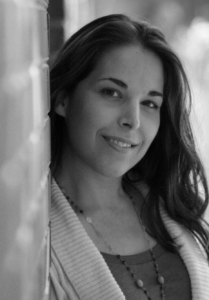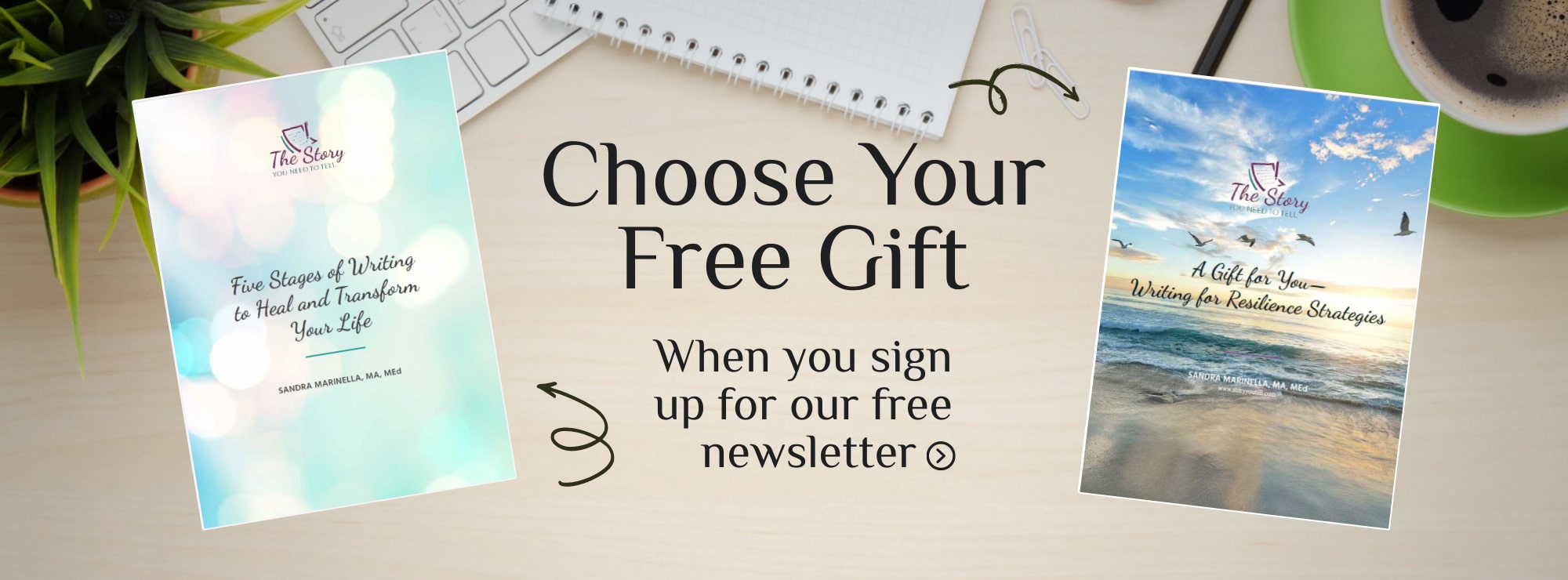A Moment of Gratitude
Last night was one of those evenings with a gentle breeze and the temps in the low eighties. The sun had disappeared in the west, but you could still see traces of the red rocks outlining the Eastern horizon and it all felt a bit magical and mysterious.
Steve and I started to turn on the news but decided all of those images of an upcoming election and a war where children were dying would ruin the evening. Perhaps that is why we decided to eat on the patio at a nearby restaurant. Even though they had discontinued the meatloaf. We ordered one glass of red wine to share. We do that more and more all the time, but somehow, I drink most of it. Then we ordered cheeseburgers stacked four inches high because, we joked, it was the closest thing to meatloaf.
As we waited a young, blond mop-haired boy sitting at the table in front of us caught our attention. He couldn’t stop moving with arms flying in all directions like a windmill. In all fairness, no two-year-old can sit quietly at a restaurant unless you have an iPad or cell phone that can stream Coco Mellon or Paw Patrol. To the mother’s credit there were no electronic devices being deployed as babysitters. Instead, the boy was jiggling around, entertaining his doting and graying grandparents who sat across from him. From my sidewise view, the mother was doing her best to interest the boy in eating what might have been chicken nuggets. She would spear a bit of a chicken with her fork and try to lower it into her son’s mouth. All the while he sat peering up into her eyes and like a baby bird awaiting feeding, he would chirp, “Peez. Peez. Peez.”
This routine worked for a time, perhaps until the mother got caught in a conversation with the grandma. Then suddenly the boy stood up on his seat and introduced the diners to another word in his limited vocabulary. “Poopy! Poopy!” he called out loudly. From across the patio, a wave of smiles could be seen as eyes darted to the child in distress.
Like a fireman hearing the alarm, the mother bolted from her seat and as she did her bright blue billowy shirt caught the breeze and seemed to float with her. As gracefully as possible, she pulled her young son off his chair and tugged him inside the restaurant. At the same time the grandma at their table caught my eye and winked at me with that universal signal that often passes from one grandmother to another.
The room was strangely quiet as we finished our burgers and chatted about our upcoming hike. But soon enough our little prince bounded back through the patio door, one hand secured by his mother’s hand. As he waved at his granddad, he shouted across the room, “Poopy okay!” And he laughed the joyous, infecious laugh of a child. This time many of the diners laughed with him. We were caught up in the beauty of the evening and the charm of an innocent child. Cocooned in the love of others.
While an election looms large, and there are many children suffering across the country and the world, and it is often hard to bear, at that one moment everything in my world felt right—and a wave of gratitude swept through me.
I wish you many moments of gratitude.


